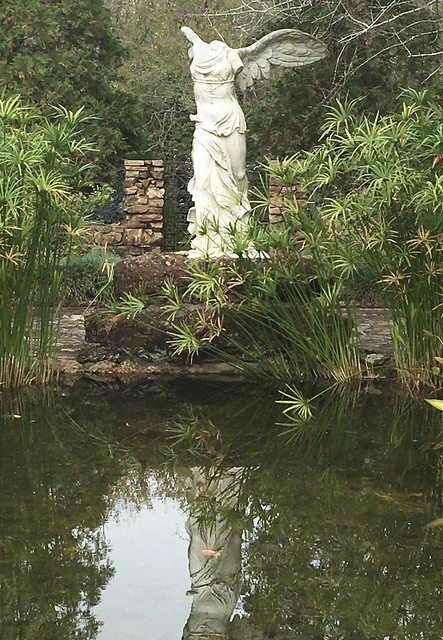 |
| Millet pollination ICRISAT research campus Hyderabad, India |
Access to research findings and the data collected in the process of research can lead to solutions of multifaceted complex problems, such as hunger and malnutrition. This is one reason why funding agencies and research foundations are requiring that research findings and research data be free, accessible, interoperable, and re-useable.
When quality data is shared openly (called open data), research and innovation can be accelerated. Also, open data yields transparency, increased citations, increased research collaboration, and increased credibility of researchers and universities.
We found that no PUSH universities have explicit open data policies. Only 15 have online open access policies and 15 have open access portals. Only a few have dedicated open data repositories. While those we interviewed recognized the increased expectations for open data and many agree to the importance of open data, very few universities have the infrastructure, support, and policies in place for an open data movement.
While there are many reasons to jump into the open access and open data movement, it is also important to recognize reasons why some researchers and universities are concerned about open data and why some data should not be shared. Based on interviews, we provide several recommendations for universities to seriously consider open data. These findings and recommendations are similar to what GODAN and the AAU/APLU have found.o
ns
This past week, I attended the Driving Innovation through Data in Agriculture (DIDAg) workshop. In this meeting, it became even more clear that universities, researchers, government agencies, and research foundations understand the need to move forward with open data to tackle its challenges.
Now is the time for universities, federal agencies, foundation funders, researchers, research professional associations, and research publications to begin to develop new open data policies, agree on open data goals, expectations, infrastructure, and support.
How do we bring the right groups and people to agree and create a movement forward. Who needs to have a say? How can decisions be made that will answer the question who pays for the open data infrastructure, processes, and maintenance?
If you have any questions, feel free to call or email me.
#PUSH4opendata
#OpenData
Thanks to Jaime Adams, Medha Devare, Brytni Emison, Harriet Giles, June Henton, Jessica Hopkinson, Jayne Kucera, Ruthie Musker, Kara Newby, Martin Parr, Juliet Tumeo, Tashina Walp, and Ruthie Wofford for working on this project with me!
And thank you to the people at 9 PUSH universities who agreed to be interviewed!
